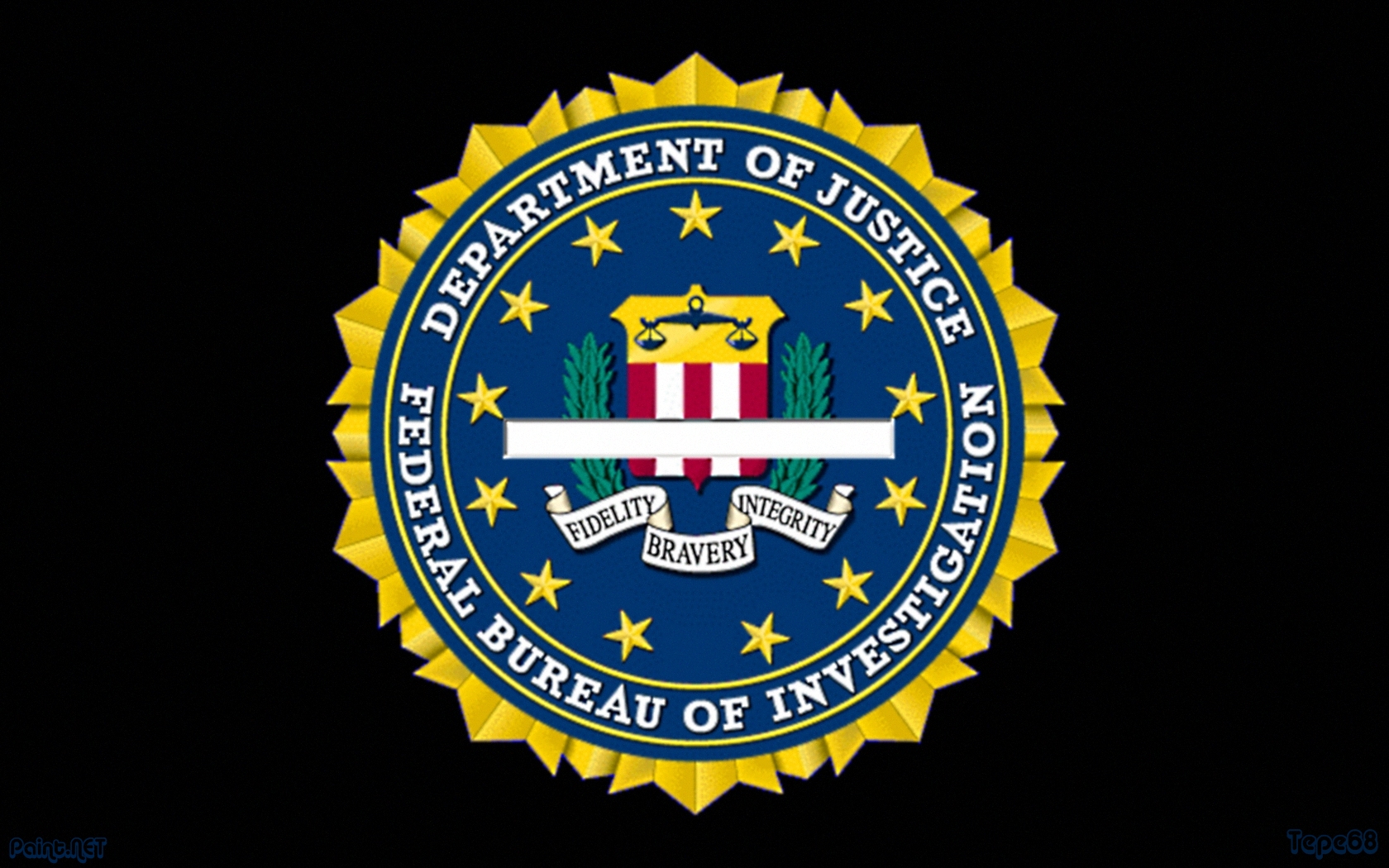Nations or corporations – Who poses the biggest threat to online privacy?
Privacy & Security Posted on May 26, 2012

This week has reminded us of the twin threats online privacy currently faces from both the public and private arenas, with news of a new FBI surveillance unit designed to crack emerging technologies, and the revelation that Apple may be storing every word you say to the iPhone 4S voice assistant Siri.
So where do we start? How about on Wednesday, when ex Google boss Eric Schimdt took to the stage at the London Science Museum to warn that governments posed the biggest threat to online privacy and indeed the very future of the internet. It didn’t take long for Schmidt’s warning ring true, with news emerging on the same day that the FBI has been busy staffing the Domestic Communications Assistance Center, a new unit designed to create technologies that will help the FBI monitor “emerging technologies” such as VoIP.
Backdoor access
According to CNET, which broke the story, the DCAC has been flying very much under the radar in order to avoid creating too much of a footprint. There’s no website, no public debate and hardly any political debate over the new agency, despite having already been allocated $54 million by the Senate. Nevertheless, CNET pieced together information from interviews, internal government documents and job postings to conclude the DCAC has a mandate covering everything from intercepting Skype conversations, to analysing data from social networks like Facebook and Twitter.
The revelations came just weeks after it emerged that the FBI is trying to set-up backdoor access points to a wide range of social sites and communications services, including VoIP providers like Skype, social networks and email providers. The FBI wants amendments to the CLEA law that allows them to implement these surveillance backdoors and is pressuring internet companies not to oppose them.
Siri is listening..
But while American citizens fret over government surveillance plans, it was revealed that one of the country’s most famous corporations is worried about privacy threats from Apple. Reports emerged on Thursday that IBM bans employees from using the iPhone 4S' voice activated Siri feature, which subsequently shone a spotlight on Apple’s less than transparent privacy policy around the service.
IBM’s decision to ban Siri is because Apple records and stores its users' data. This can potentially include any requests made to Siri (such as find me the nearest sexual health clinic), and even personal messages and emails that have been voice-dictated. As ACLU’s blog pointed out back in March, Apple’s privacy policy doesn’t make clear who has access to this data and where it’s stored. But it does say that Apple reserves the right to share the data with “Apple’s partners who are providing related services to Apple.” This has obviously got IBM spooked over what access Apple might have to sensitive company secrets. And if it’s got IBM spooked, then it should probably get you spooked too!
Eric Schmidt was right this week to point out the threat that governments pose to online privacy, but he should probably admit that private companies such as Apple, and of course Google, are not that far behind.
Suggest an edit on GitHub.


2 Comments
H Munster
04.01.2016
Corporations pose a much greater threat to privacy. They are actively tracking everyone they can. Frequently, losing sensitive data to hackers or through plain carelessness. The problem is, there is not downside for corporations for losing your information. There is not punishment.
In the past year, my data was stolen from target and now by chase. Both resulted in large fraudulent charges on my credit cards.
Bula
22.01.2017
Well when everything is used against you and they target you then you know kiss your ass goodbye. I was in government informant working undercover with pizza Hut. I retired in 2003. I no longer could work I had a heart attack. And just got out of Surgery. I was in coma in Makiki for about five months. I was setup by people that I thought were my friends. I had tens years to live. I was diagnosed as paranoid schizophrenic and ptsd and was diagnosed at Tripler Army hospital. I could no longer do mine sweeping. I came across old floating red mine in Kailua a long time ago..
My mother and other people had set me up. I was diagnosed with terminal bone marrow cancer. I was never a sex offender. I never raped children or wanted to be gay. They put me ina brainwash program.. I was retired agent.. I was suppose to go back home and stay in the witness protection. I have never raped a child or a women in my life. I was diagnosed with terminal bone marrow cancer. I did not donate my organs. I wanted to get married and move to Austrilia with my wife and kids. And I was suppose to have ten years to live. I was in the Witness protection.. I have never raped a child or anyone in my life… I was fucked over by everyone……………………………………MKULTRA is an illegal program. Donna M Pennino and friends fuck you.. Fuck the CIA and NSA FBI Straub and Ronald Landrio that stoled my witness protection paperwork and stoled my money and apartment.. I was diagnosed with Multischerosis and paranoid schizophrenic and not gay or bisexual WHY……………..I never raped anyone Matthew Kennedy Howard